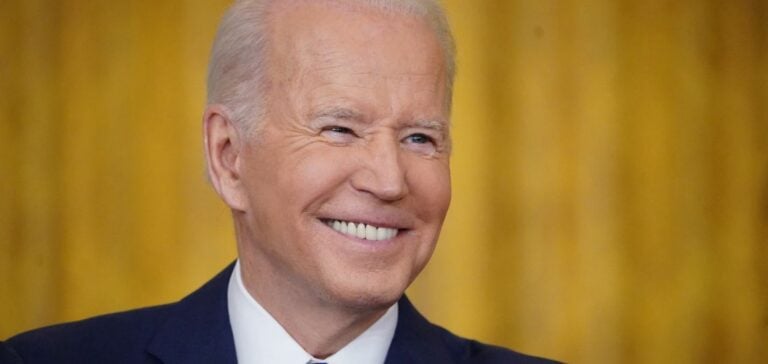In November, the Biden administration, represented by attorneys from the U.S. Department of Justice (DOJ), submitted an appeal to the Fifth Circuit Court of Appeals, seeking to overturn a decision requiring the U.S. Department of Energy (DOE) to resume issuing permits for liquefied natural gas (LNG) exports. This appeal challenges a preliminary injunction issued in July by a district court in Louisiana, which had ruled in favor of several Republican-led states contesting the permit suspension.
In their arguments, DOJ attorneys state that the district court lacked the necessary jurisdiction to handle disputes related to LNG export orders, which are solely under the jurisdiction of federal appeals courts as stipulated by the Natural Gas Act. They further contend that the 16 plaintiff states have no direct stake in the pending permit applications and have not demonstrated any financial harm stemming from potential delays.
Background and Stakes of the Permit Moratorium
The suspension of LNG export authorizations only applies to destinations without free trade agreements with the United States. These markets, however, represent the majority of the global LNG demand. The DOE justified this moratorium, announced in January, by the need to review its economic and environmental studies to assess the impact of additional exports on public interest. Since this decision, several LNG projects have been put on hold, raising concerns about the U.S.’s competitiveness in the global market.
Administration attorneys argue that this review is not a final decision but rather a process to update the DOE’s evaluation criteria, and that the states’ lawsuit broadly challenges the department’s methodology, which cannot be contested under U.S. administrative law.
Political Perspectives for 2025
The status of LNG export permits has become a major issue in the context of U.S. energy policy ahead of the 2024 presidential election. Former President Donald Trump has pledged to end the moratorium on his first day if re-elected, while Vice President Kamala Harris, the Democratic candidate, could also lift the suspension but potentially with stricter criteria for environmental assessments.
The current moratorium is expected to end by 2025, regardless of the election outcome, according to DOE officials. In August, however, the department granted an export authorization for a limited LNG project supplying gas to Mexico, marking an exception to the ongoing freeze.
Reactions and Impact on the Sector
Since the moratorium was implemented, the U.S. LNG sector has slowed, with investors and business partners waiting for a favorable legislative or regulatory resolution. Some analysts believe that even if the injunction is overturned, the DOE may impose additional studies or new guidelines to ensure alignment of exports with national environmental goals.
According to the DOJ, the current review process does not constitute a final agency action and should not be subject to legal challenge. They noted that a similar type of review was used in 2012 when the DOE paused permit issuance during a comprehensive economic study.
The outcome of this judicial process will have a significant impact on U.S. energy strategy, particularly for LNG exports to non-conventional markets. The DOE has already stated that economic and environmental impact studies remain the pillars of its public interest determinations, highlighting that these standards have been in place for over a decade.






















